Hamish Gill
Tech Support (and Marketing)
Following on from my best value thread I have an idea...
I'm going to do some d3/d50 comparisons at some point ...
In the shop I work there is obviously encouragement from the top to make a profit, but we do concentrate on selling the customers the camera that is right for them, not always the one that makes us the most money.
With this in mind I ofter suggest to customers that buying the most expensive camera they can afford is not always the best route ... But buying the most appropriate to their needs... Short and long term
An example of this is that I will always try to swerve a customer toward a dslr over a not interchangeable lens hybrid camera ... They are better value in my books as thier value doesn't plummet so much!
Another example is when a customer might be mulling over a d90 vs a d300s ... The d300s has comparability with more lenses but would be, to a beginner, a much steeper learning curve. The obvious question "which takes better photos" always comes up... On paper, the d300s should take better photos... Higher spec metering, better focusing system etc. But, I ofter suggest to the customer that in day light, used correctly a d3000 would probably, to most peoples eyes take just a good photo as a much higher speced modle ... My point being that more money on a camera is often spent on more fetures (often superfluous) more consistent results, and a longer life span to the camera ... Three things that don't matter so much to an ameture who's going to take photos of thier kids, holidays and christmas.
This is based on owning a d70, d300, d3 and d50 ... Not through actually testing my theory... So yeah, at some stage I'm going to compare my d3 and d50 and see how well the d50 stacks up when used properly ... Just how much difference does high end metering and focusing make to someone who is goon to take snap shots ... I know the d3 is a better camera for my needs ... But would it provide any advantage to p&s photographer ... And how much do they need to learn about photography before having such a high end camera makes a difference?
One thought though... The d3 can be crippled to dx format... This will make direct comparison easier... Would it be fairer considering my goal, to cripple the d3 or use my 50mm on the d3 and use my 35 on my d50 to give similar angles of view ... The latter seems more logical as it will allow comparison of resolution ...
I'm going to do some d3/d50 comparisons at some point ...
In the shop I work there is obviously encouragement from the top to make a profit, but we do concentrate on selling the customers the camera that is right for them, not always the one that makes us the most money.
With this in mind I ofter suggest to customers that buying the most expensive camera they can afford is not always the best route ... But buying the most appropriate to their needs... Short and long term
An example of this is that I will always try to swerve a customer toward a dslr over a not interchangeable lens hybrid camera ... They are better value in my books as thier value doesn't plummet so much!
Another example is when a customer might be mulling over a d90 vs a d300s ... The d300s has comparability with more lenses but would be, to a beginner, a much steeper learning curve. The obvious question "which takes better photos" always comes up... On paper, the d300s should take better photos... Higher spec metering, better focusing system etc. But, I ofter suggest to the customer that in day light, used correctly a d3000 would probably, to most peoples eyes take just a good photo as a much higher speced modle ... My point being that more money on a camera is often spent on more fetures (often superfluous) more consistent results, and a longer life span to the camera ... Three things that don't matter so much to an ameture who's going to take photos of thier kids, holidays and christmas.
This is based on owning a d70, d300, d3 and d50 ... Not through actually testing my theory... So yeah, at some stage I'm going to compare my d3 and d50 and see how well the d50 stacks up when used properly ... Just how much difference does high end metering and focusing make to someone who is goon to take snap shots ... I know the d3 is a better camera for my needs ... But would it provide any advantage to p&s photographer ... And how much do they need to learn about photography before having such a high end camera makes a difference?
One thought though... The d3 can be crippled to dx format... This will make direct comparison easier... Would it be fairer considering my goal, to cripple the d3 or use my 50mm on the d3 and use my 35 on my d50 to give similar angles of view ... The latter seems more logical as it will allow comparison of resolution ...
